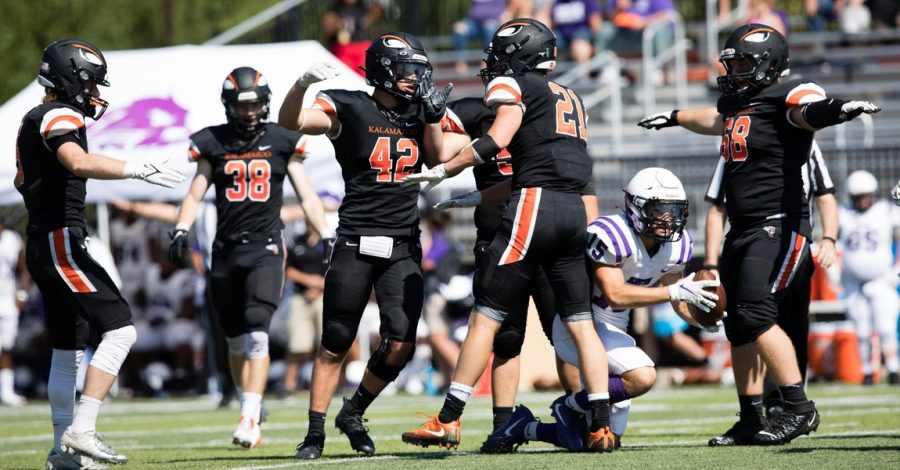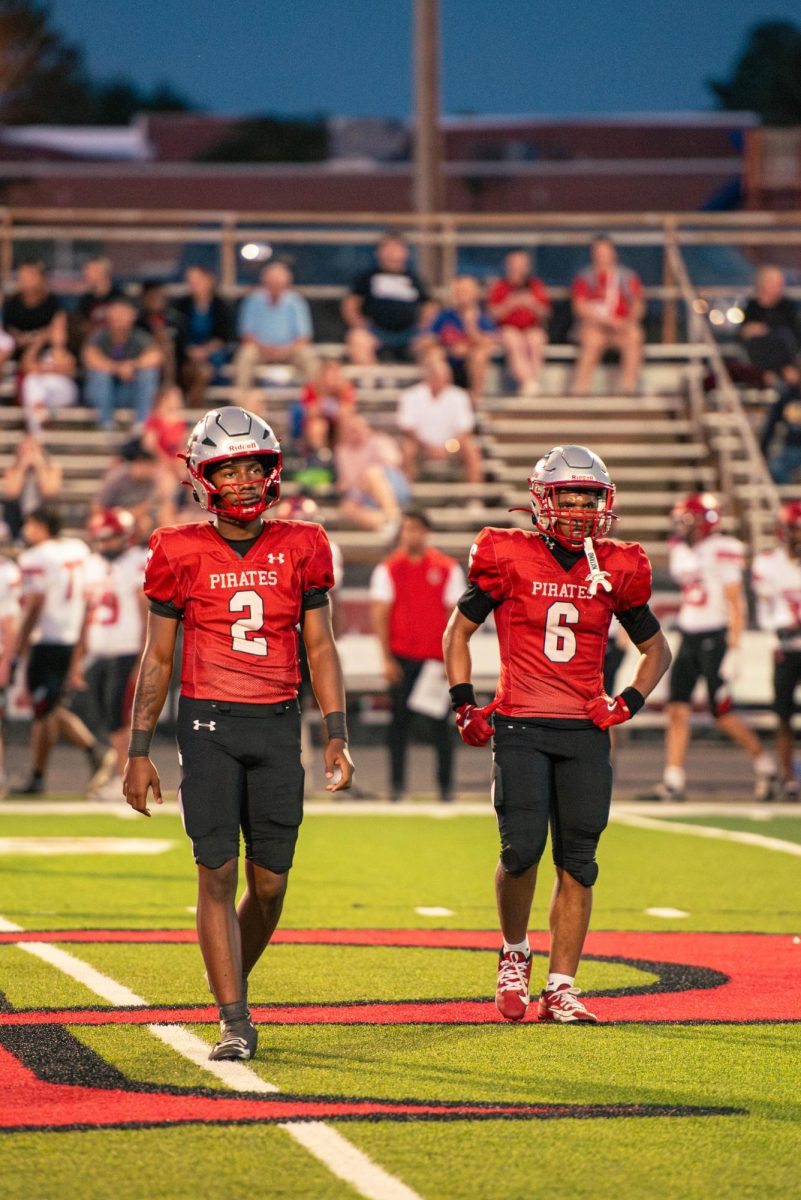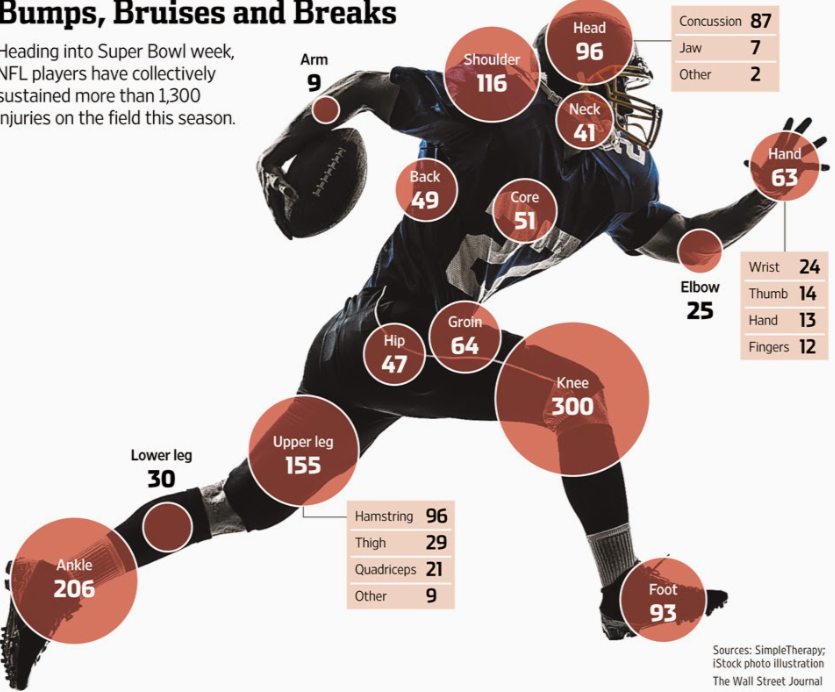A lot of our athletes here at page are excelling at their sport. They’re representing our school everyday and making Page High school proud! If you’re an athlete wanting to get into college with an athletic scholarship, you need to know the difference between high school and college sports.
We’re going to look at things like money, how teams are organized, and what it means for the student athletes.
As we all know, most highschool sports have to raise money for better equipment or even better places to practice. This is all because of the lack of funding given to sport teams. College sports on the other hand have more accessibility. They have fancier facilities, better equipment, and depending on where you go to school, more money for the athletes as well. This makes a huge difference when comparing the experience of playing for a local high school team to a college or university.
Have you ever wondered why college sports have more attendees to games? Well, high school sports are usually less competitive than college sports. In high school you may play against your local area, but in college the competition is tougher and more widespread. It makes college sports more intense and challenging. Since college is obviously more competitive, they usually want the cream of the crop. Some students may get scholarships to play sports if they’re truly dedicated to the game.
As I said before, high school sports are less competitive. They are a fun way for students to get social and stay active. Most high school students don’t continue their sports careers at a higher level. In college, talented athletes might get scouted for branding opportunities or even professional teams, which can lead to a career in sports.
It may seem like college sports is the way to go, but let’s look at the cons. For high school students, balancing sports and schoolwork is easier because the schedules are way more structured than in college. In college you have to juggle sport commitment and classes, which could affect academic performance. Depending on where you want to go in life, one may seem more important than the other. Having to deal with this stress could impact your future negatively.
It’s clear that these two levels of athletic competition are extremely different, yet both play essential roles in the lives of student-athletes. Understanding these differences helps us appreciate the diversity of sports and the various paths athletes can take in their journey. If you are an inspiring college athlete, I encourage you to keep up your grades and continue in active involvement in your community! Through dedication, talent and effort, colleges will notice you in no time.




















